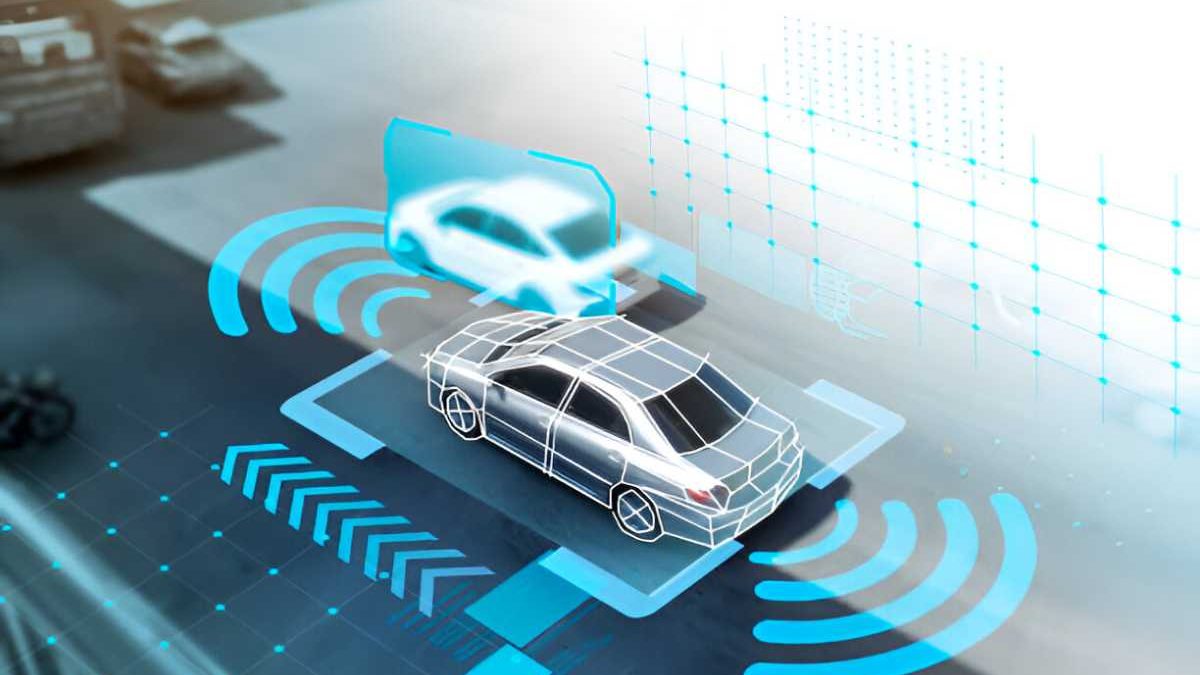Especially in guaranteeing the safety of car travel, modern technology has transformed our perspective of transportation. This change is clear in different areas of the automotive sector, from the production process to the last phases of distribution. The efficiency of these processes has further improved thanks to the incorporation of sophisticated technologies as well as greatly increased safety precautions. Through advancements in vehicle production, logistics, and autonomous driving technologies, this post examines how contemporary technology supports safer car transport.
Table of Contents
Changes in Autos Manufacture
How cars are built is the starting point of the safety of car transportation. The assembly lines of vehicles have been significantly transformed by modern manufacturing methods including automation and robotics. With their great accuracy and unlimited capacity to work, robots help to lower chances of errors that might compromise safety while the car is being shipped by ensuring each part is put up to the top level. Moreover, advanced materials like high strength steel and carbon fiber are being used more extensively nowadays to improve vehicle crashworthiness and longevity.
Modern vehicle production also depends significantly on 3D printing technology. It lets for the fast creation of components with more sophisticated geometries that are lighter and more powerful than those produced using customary manufacturing techniques. This is very important when driving cars long distances, not only for their safety but also for their fuel efficiency.
Logistics and Fleet Management.
Technology has significantly helped to streamline car shipping logistics. During transit, GPS and Internet of Things (IoT) technology allow for real time vehicle tracking. This lets logistic firms, such as Car Transporters West Midlands, constantly track the location and state of the cars, therefore guaranteeing their safety and security all along their route. Should there be any deviations from the anticipated path or unannounced stops, fleet managers can be alerted straight immediately.
Modern fleet management system also allow for route optimization to circumvent dangerous circumstances and traffic, therefore lowering the accident probability. By sifting through huge volumes of information, these systems can forecast possible road hazards, including traffic delays or weather changes, and in real time recommend alternate routes. This helps the punctuality of the car transfers and guarantees their safety.
Selfdriving Technologies
Autonomous driving technology might be the most revolutionary development in guaranteeing the security of car travel. Various sensors, cameras, and radar arrays on autonomous vehicles collect information on their surroundings. By realtime processing of this information to assist the car in intelligent speed, route, and obstacle avoidance decisions, the accident potential is lowered.
Leading the way in the creation of fully autonomous vehicles set to revolutionize automobile transport are businesses like Tesla and Waymo. These cars run independently of human interaction, therefore perhaps removing many human errors usually arising in transit accidents. Furthermore, the technology is being worked on to let driverless cars interface with one another as well as with systems including traffic lights and road signs, therefore potentially increasing safety and efficiency.
Cybersecurity Techniques
The risk of cyber attacks as vehicles become more linked also rises. Basically mobile computers, modern vehicles can be hacked, like any other computer. This presents a major threat not just to the integrity of the data but also to the security of the transmitting cars. Cybersecurity is now a fundamental aspect of the automotive sector used to fight this. Investing a lot of money in strong cybersecurity to guard against possible threats are manufacturers and transportation firms. To protect the cars from threats, these safeguards comprise encryption, secure communication protocols, and frequent software updates.
In essence,
The incorporation of modern technology in car transport has greatly improved the dependability and safety of these systems. From the production line to the road, developments in manufacturing, logistics, self driving technology, and cyber security have improved every stage of the trip. Advances in the safety standards of auto transport will pave the way for a world where traffic safety is assured rather than a worry, particularly considering ongoing evolution in technology. This helps not only the automotive sector but helps improve the general safety and effectiveness of our transportation network.

